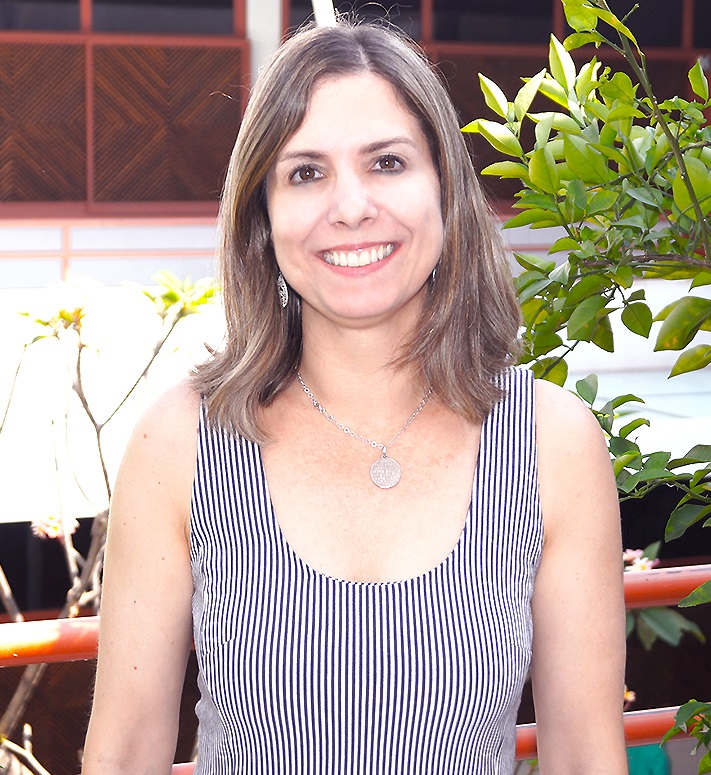Thirty teacher development activities you may have engaged in this year
One of the many things I like about working at an educational institution, be it as a teacher or a s an administrator, is that our work has very clear and well-defined cycles. We finish a semester or year and begin a new one. I don’t think this is true for most professionals. They may finish projects or meet deadlines, but they are not bound to the “year” as we are. In the Southern hemisphere, where our school year really ends at the end of the year, I believe this is even more symbolic.
Thus, this is the time when we stop and take stock of what we have accomplished during the year, both personally and professionally. It’s time to think, “What have I done this year to become a better educator, a better professional?” We all know that teacher development is something that can be done only by and for oneself, and we also know that it goes way beyond taking courses and going to conferences.
As Mann (2005) states, language teacher development is a process of articulating an inner world of conscious choices made in response to the outer world of the teaching context, being wider than professional development and including personal, moral and value dimensions. Bailey (1992) and Willis & Willis (as cited in Mann, 2005) emphasize that innovation and change are necessary parts of teacher development. Padwad and Dixtid (2011) highlight the fact that by way of continuing professional development, teachers develop personal and professional qualities that will lead to their empowerment, the improvement of their agency, and the development of their organizations and their pupils. It is clear then that for teacher development to be successful, it has to have some sort of positive effect on their organizations and, ultimately, on their students.
Here is a list of some of the things I have seen teachers in my institution and my ELT colleagues do this year to develop professionally. Many of them are typical; others might not seem CPD activities at first sight but actually are if you think about the definitions above. If you are reading this post, I’m sure you will have done a good number of the activities listed. You should be proud of yourself and celebrate your accomplishments! If you have not done many of them, don’t worry. You can already start setting goals for next year.
As you go through the list, I invite you to reflect upon these issues:
- How many of these activities have you engaged in?
- What has been the positive effect on your students and/or on your organization? What change have you promoted or at least initiated? How have you innovated?
- How many of them would you have liked to engage in but didn’t and why?
- Which of these would you like to engage in next year?
1) Take courses.
2) Teach teacher development courses.
3) Read professional books, articles, blogs, websites, etc.
4) Attend conferences.
5) Present in conferences.
6) Help organize conferences.
7) Make new professional and personal connections in conferences and stay in touch.
8) Join and participate in a professional learning community.
9) Follow professional blogs and interact with their writers.
10) Write for a blog, be it your own or a collective one.
11) Share interesting articles and blog posts on social networks.
12) Respond to colleagues about professional content shared on social networks.
13) Attend webinars.
14) Give webinars.
15) Write an article for a journal or newsletter.
16) Edit or write a book.
17) Mentor a colleague, either formally (i.e. upon the institution’s request) or informally.
18) Try out a new technique or a new technology tool / application and reflect upon its impact on your teaching.
19) Teach a new age or proficiency level.
20) Develop a new course.
21) Help your institution pick a new course book or other educational materials by thoughtfully analyzing the choices and clearly explaining your rationale.
22) Give feedback to your coordinators/supervisors about the materials and assessments produced and provide suggestions for improvement.
23) Create and carry out formative assessments in your classes beyond the institutional ones, for the sake of gauging student learning and determining future directions.
24) Develop materials for your classes and share them with other teachers.
25) Learn another foreign language and use your experience to learn more about second language acquisition.
26) Engage in action research and/or exploratory practice.
27) Observe a peer and reflect upon the experience.
28) Engage in some sort of planned and continuous activity to improve your English.
29) Develop a collaborative project with a peer.
30) Make it a point to stay abreast of what is happening in your country and around the world in order to enrich your classes and exchanges with your students.
What else would you add to my list?
References:
Mann (2005). The language teacher’s development. Language Teaching 38, 103–118.
Padwad and Dixit (2011) . Continuing Professional Development: An Annotated Bibliography. British Council.
Imagine by Stuart Miles courtesy of freedigitalphotos.net







